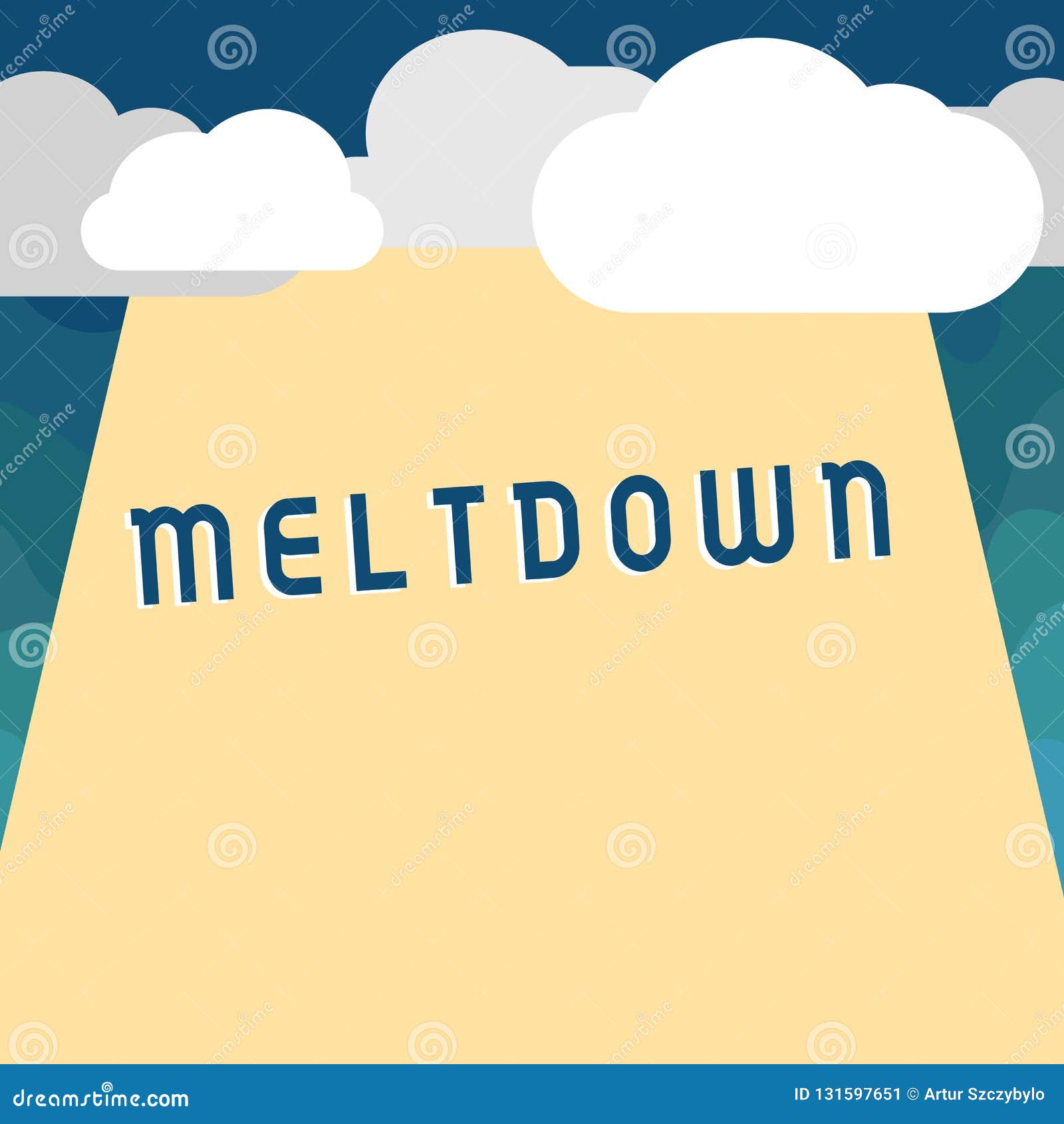

It's very competitive to get into the top universities, which can define your life chances. Can you explain why the government has put particular pressure on educational companies?Įducation is highly competitive in China. Any stock that employed a VIE structure saw a marked increase in risk premium.

The moves led to a reassessment of risk as to whether the structures are under threat. And in recent days, tied into the education reform, we have seen a move to disallow VIE structures in the private education space. Recently we have seen moves to review VIE mergers and acquisitions (M&A). They've been an accepted norm for some time and represent a reasonable share now of the MSCI Emerging Market benchmark. VIE structures - variable interest entities - are contractual agreements that provide access to the economic benefit of a company without actual ownership of the underlying assets. If you're a China tech company seeking to attract capital from foreign shareholders, but there's a limitation on foreign ownership, you might employ a VIE structure in order to list in the US. VIE structures basically get used to navigate limits on foreign ownership. Could you explain what they are and why they are having an impact on markets? So market deterioration is normally expected when there are relatively broad-based changes to regulation. Generally, regulation drives uncertainty, which in turn drives a higher risk premium and potentially the suppression of returns. The main thrust is on antitrust, issues of inequality, gig economy labour practice etc, but you have other elements of regulation relating to a potential review of VIE structures. Effectively you have uncertainty driven by broad-based regulatory pressure. Markets in China have been among the worst performing markets in the world year-to-date.
#MELTDOWN MEANING SOFTWARE#
You have huge intellectual and financial capacity in the private sector to support that ongoing push, be it from a software standpoint in relation to artificial intelligence, or maybe from a hardware perspective in relation to semiconductors. So the Chinese have a strong desire to move towards tech self-sufficiency. However, US-China tensions could also mean a more polarised world, and that could potentially lead to issues in China’s access to leading edge technology. The private sector, as we mentioned earlier, needs to be more considerate of the common good. There are also the strategic goals of the state that companies increasingly need to align with. In a way, there are similarities here to what's going on politically in developed markets. Regulation is partly a desire to to see economic gain more widely spread. In recent decades, China has seen huge economic success, but inequality has also been rising. There is also in China a desire to enhance the Chinese Communist Party’s legitimacy and a new focus on what is termed “common prosperity”.

The pace of innovation has run ahead of legislation, a theme we’ve seen unfold in developed markets especially in relation to tech companies. In the first instance, there is a need in certain circumstances for stricter regulation. The Chinese government seems to be cracking down on tech. We asked Tom Wilson, Schroders’ Head of Emerging Market Equities, what’s causing the upset. Geopolitical tensions surrounding trade remain, but market behavior and performance – particularly in the tech sector – has also come to the fore. Chinese markets have hit headlines again in recent weeks.


 0 kommentar(er)
0 kommentar(er)
